If you loved the witty absurdity and existential musings of 'Rosencrantz & Guildenstern Are Dead,' you're in for a treat. This article explores 10 movies and shows that share its clever wordplay, philosophical depth, and offbeat humor. Whether you're a fan of meta-theatrical storytelling or just looking for something uniquely thought-provoking, these picks will keep you entertained.

The Discreet Charm of the Bourgeoisie (1972)
Description: This film shares a surreal and absurdist narrative style, blending humor with existential themes. It explores the futility of human endeavors through a series of bizarre and illogical events.
Fact: The film won the Academy Award for Best Foreign Language Film. It was directed by Luis Buñuel, a master of surrealist cinema.
 Watch Now
Watch Now 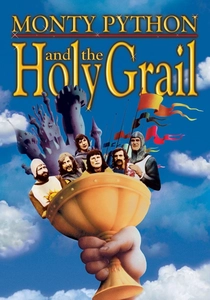
Monty Python and the Holy Grail (1975)
Description: A comedic take on existential futility and the absurdity of life, using anachronistic humor and meta-narrative techniques to break the fourth wall.
Fact: The film was shot on a very low budget, leading to creative solutions like using coconuts for horse sounds. It was funded in part by rock bands like Pink Floyd and Led Zeppelin.
 Watch Now
Watch Now 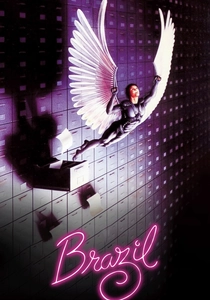
Brazil (1985)
Description: A dystopian satire with a mix of dark humor and existential dread, focusing on a bureaucratic nightmare that mirrors the absurdity of life and fate.
Fact: The film's title comes from the song 'Brazil,' which is a recurring motif. It was heavily edited for its American release.
 Watch Now
Watch Now 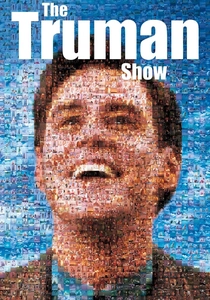
The Truman Show (1998)
Description: This film delves into themes of reality versus illusion, with a protagonist unaware of the constructed nature of his world, much like characters trapped in a predetermined narrative.
Fact: The concept was inspired by an episode of 'The Twilight Zone.' Jim Carrey's performance was a departure from his usual comedic roles.
 Watch Now
Watch Now 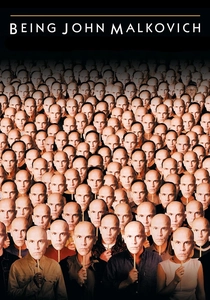
Being John Malkovich (1999)
Description: A darkly comedic exploration of identity and existentialism, featuring a bizarre and surreal premise that challenges the boundaries of reality and self.
Fact: The film was Spike Jonze's directorial debut. The script was written by Charlie Kaufman, known for his unconventional storytelling.
 Watch Now
Watch Now 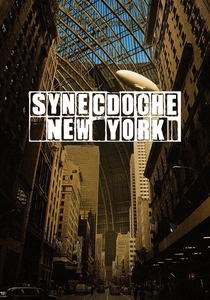
Synecdoche, New York (2008)
Description: A deeply meta and existential film about the nature of art, life, and mortality, featuring a protagonist who creates a life-sized replica of his own world.
Fact: The film's title is a play on words, combining 'synecdoche' and 'Schenectady,' a city in New York. It was Charlie Kaufman's directorial debut.
 Watch Now
Watch Now 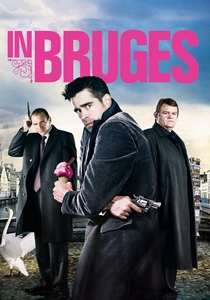
In Bruges (2008)
Description: A blend of dark comedy and existential drama, following hitmen grappling with guilt, fate, and the absurdity of their circumstances in a picturesque yet eerie setting.
Fact: The film was shot entirely on location in Bruges, Belgium. It won the BAFTA Award for Best Original Screenplay.
 Watch Now
Watch Now 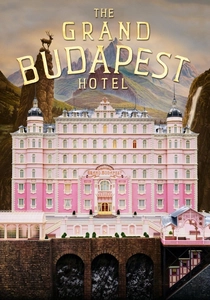
The Grand Budapest Hotel (2014)
Description: A whimsical yet darkly comedic tale with a nested narrative structure, exploring themes of nostalgia, loss, and the passage of time through a highly stylized visual aesthetic.
Fact: The film won four Academy Awards, including Best Original Score. The hotel's design was inspired by European architecture from the early 20th century.
 Watch Now
Watch Now 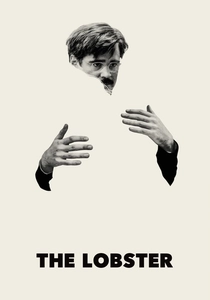
The Lobster (2015)
Description: A bleakly humorous exploration of societal norms and human relationships, set in a surreal world where absurd rules govern behavior and identity.
Fact: The film was shot in Ireland, though it is set in an unnamed dystopian society. It was the first English-language film by director Yorgos Lanthimos.
 Watch Now
Watch Now 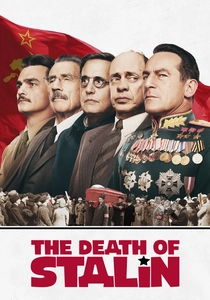
The Death of Stalin (2017)
Description: A dark comedy that satirizes political power struggles and the absurdity of authoritarian regimes, using humor to highlight the chaos and futility of human ambition.
Fact: The film was banned in Russia and several other countries. It is based on a French graphic novel of the same name.
 Watch Now
Watch Now 








